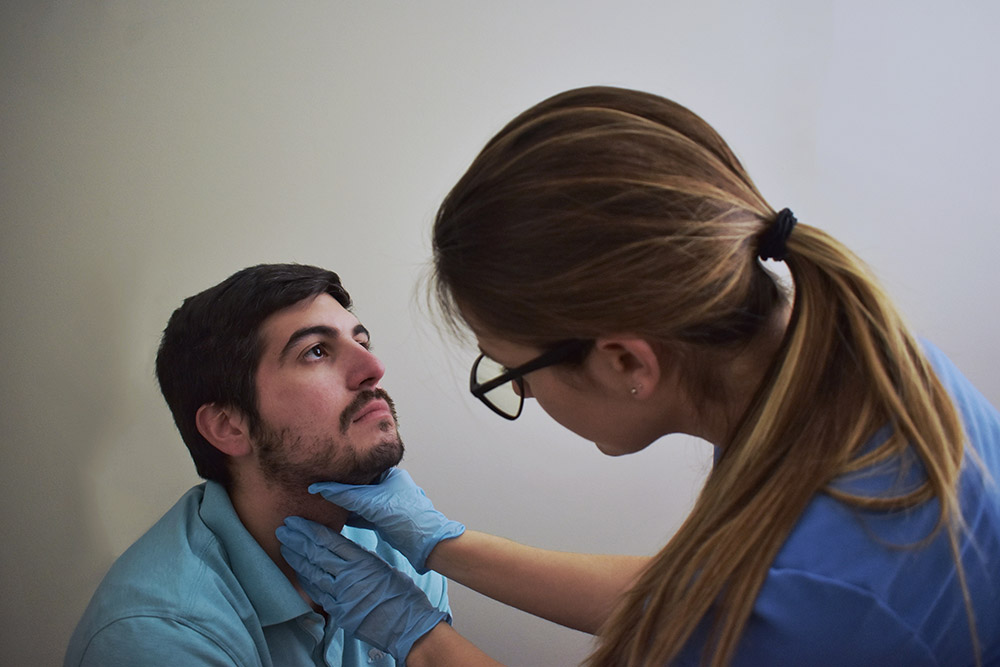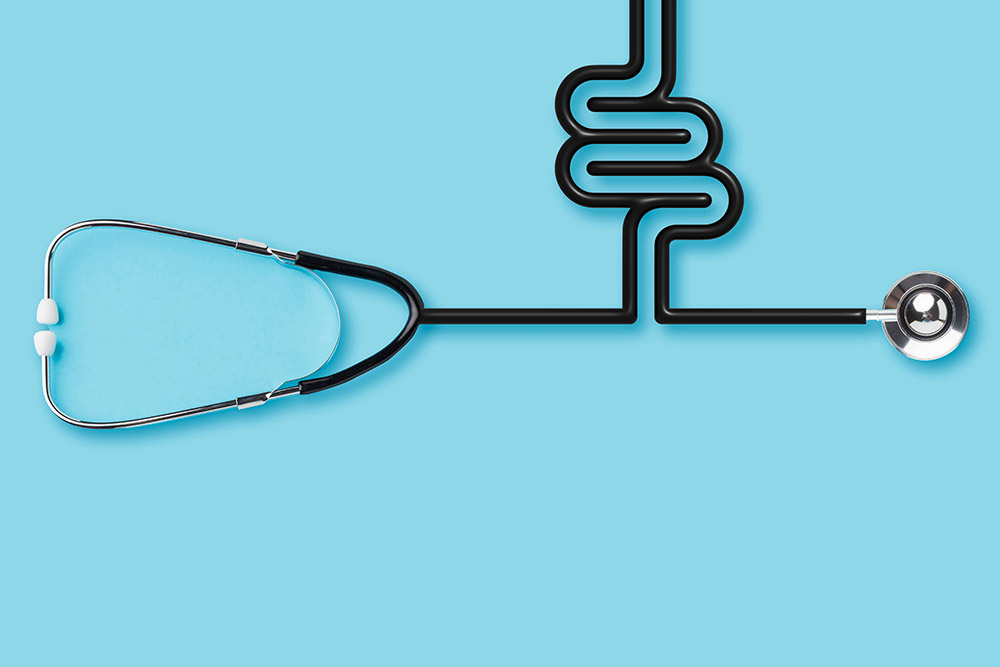What Is Morbid Obesity Due to Excess Calories?
Morbid obesity from excess calories happens when you eat more calories than your body uses. Over time, this leads to severe weight gain and stored body fat. It can cause serious health problems. Doctors use the code ICD-10 E66.01 to describe this condition.
Common Causes
- Eating too much sugar, fat, or processed food
- Not getting enough physical activity
- Family history of obesity
- Eating driven by stress, anxiety, or emotions
- Certain medications (ask your doctor)
- Hormone changes or aging
Common Signs and Symptoms
- BMI over 40 (severe obesity)
- Trouble breathing or sleep apnea
- Joint pain in hips, knees, or lower back
- Constant tiredness or low energy
- High blood pressure or diabetes
- Difficulty moving or avoiding social activities
How Dr. Rishi Chadha Diagnoses Morbid Obesity Due To Excess Calories?
1. Health History & Lifestyle Review
Dr. Chadha discusses your caloric intake, eating patterns, emotional or stress-related eating, physical activity levels, and family history of obesity.
2. Physical Examination & Measurements
Height, weight, BMI calculation, and waist circumference are measured to assess the severity of obesity and related risks.
3. Laboratory Testing
- Fasting glucose and HbA1c to screen for diabetes
- Lipid panel for cholesterol and triglycerides
- Thyroid function tests to rule out metabolic disorders
- Liver function tests to evaluate for fatty liver disease
4. Imaging Studies (As Needed)
Abdominal ultrasound or DEXA scan may be used to evaluate fat distribution and rule out other organ involvement.
5. ICD-10 Documentation
The diagnosis is coded as E66.01 (morbid obesity due to excess calories) to ensure accurate treatment planning and insurance coverage.
Frequently Asked Questions
What is non-morbid obesity?
Non-morbid obesity is defined as a BMI between 30 and 39.9. Morbid obesity means a BMI of 40 or more.
How is morbid obesity more serious?
Morbid obesity significantly raises your risk for heart disease, diabetes, sleep apnea, joint pain, and other serious health issues.
What's the ICD-10 code for this condition?
The ICD-10 code for morbid obesity due to excess calories is E66.01.
Can diet and exercise alone help?
Some patients succeed with diet and exercise, but many need additional medical or procedural support to achieve long-term weight loss.
Are weight-loss drugs safe?
Yes-when prescribed and closely monitored by a specialist like Dr. Chadha, FDA-approved medications can be a safe part of your treatment plan.
How long does treatment take?
Treatment duration varies. Some patients see progress within weeks, while others may require longer follow-up and adjustments to their care plan.
Will my insurance cover treatment?
Most insurance plans cover weight-loss counseling, medications, and certain procedures. Our team will assist you in verifying your benefits.
Am I a candidate for endoscopic procedures?
Candidacy depends on your BMI, overall health, and previous weight-loss efforts. Dr. Chadha will evaluate you and recommend the best option.
How do I prepare for a sleeve procedure?
Preparation includes following a prescribed pre-op diet, completing lab work and imaging studies, and attending a pre-procedure consultation.
Can this condition cause other diseases?
Yes. Left untreated, morbid obesity can lead to heart disease, sleep apnea, joint degeneration, high blood pressure, diabetes, and more.











